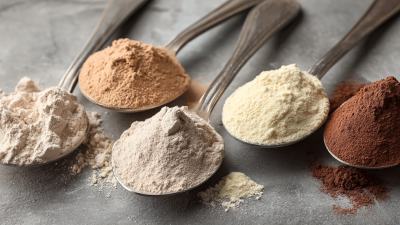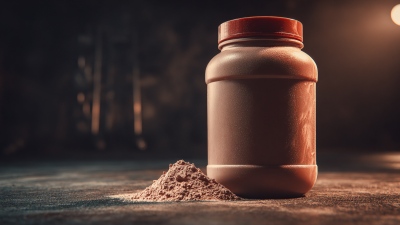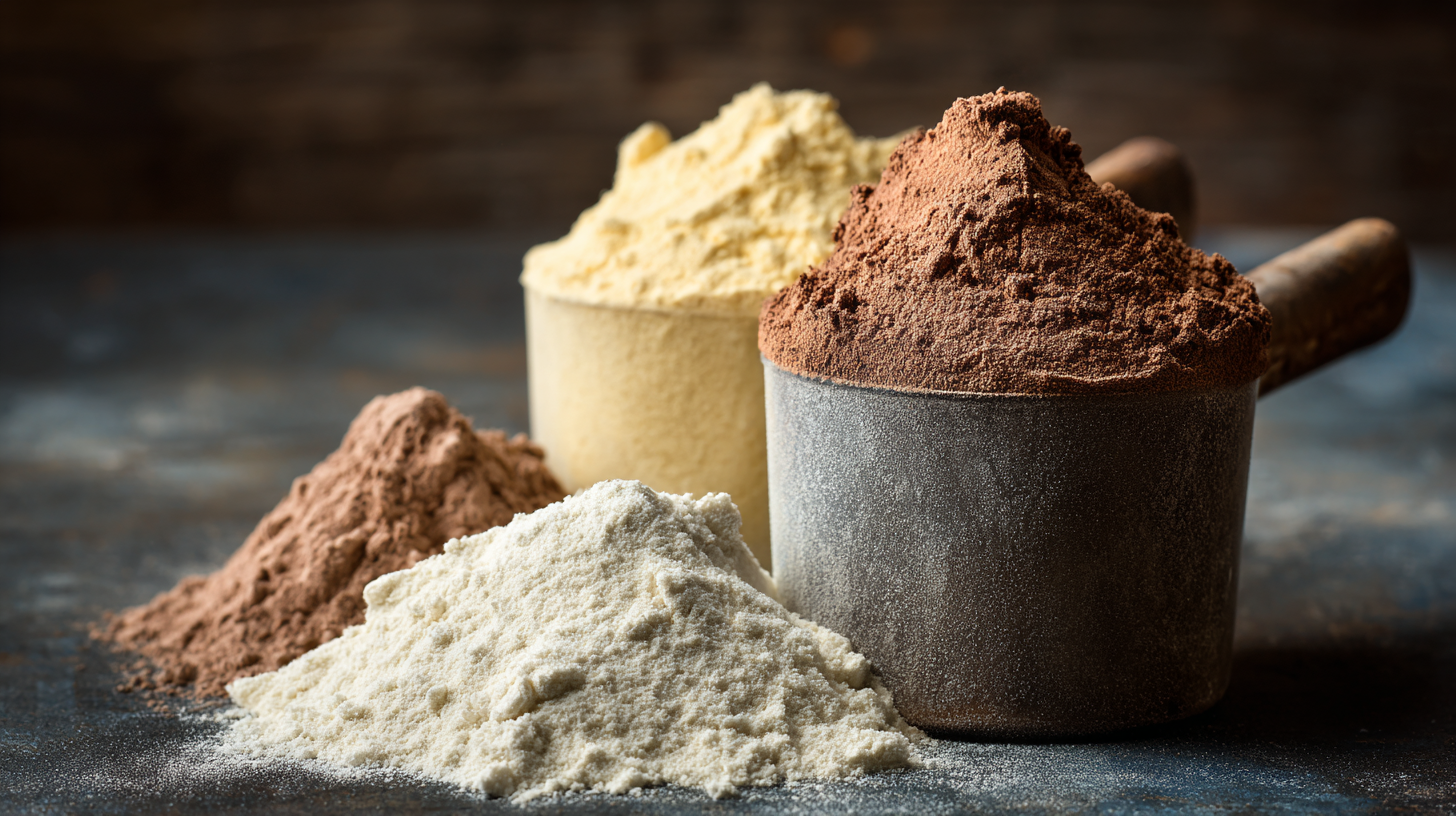 In the realm of fitness and nutrition, Weight Protein Powder has surged in popularity among health enthusiasts seeking to enhance their workout performance and recovery. According to a recent report by Grand View Research, the global protein powder market is projected to reach USD 27.3 billion by 2027, reflecting a growing consumer interest in protein supplementation. However, amidst this growth, numerous myths and misconceptions surrounding Weight Protein Powder persist, often leading to confusion among users. For instance, many still believe that protein powders are only beneficial for bodybuilders, while studies indicate that individuals engaging in regular physical activity, regardless of their fitness level, can significantly benefit from protein supplementation. This article aims to unravel the truth behind common Weight Protein Powder myths, providing evidence-based insights to help health enthusiasts make informed choices about their nutrition and supplementation strategies.
In the realm of fitness and nutrition, Weight Protein Powder has surged in popularity among health enthusiasts seeking to enhance their workout performance and recovery. According to a recent report by Grand View Research, the global protein powder market is projected to reach USD 27.3 billion by 2027, reflecting a growing consumer interest in protein supplementation. However, amidst this growth, numerous myths and misconceptions surrounding Weight Protein Powder persist, often leading to confusion among users. For instance, many still believe that protein powders are only beneficial for bodybuilders, while studies indicate that individuals engaging in regular physical activity, regardless of their fitness level, can significantly benefit from protein supplementation. This article aims to unravel the truth behind common Weight Protein Powder myths, providing evidence-based insights to help health enthusiasts make informed choices about their nutrition and supplementation strategies.
When it comes to protein powder, many myths circulate among fitness enthusiasts, leading to confusion about its true benefits. One common myth is that protein powder is only necessary for bodybuilders or elite athletes. In reality, protein is crucial for anyone seeking to improve their health and fitness, as it aids in muscle repair and growth, regardless of fitness level. Many individuals can benefit from incorporating protein powder into their diet to meet daily protein requirements, especially after workouts.
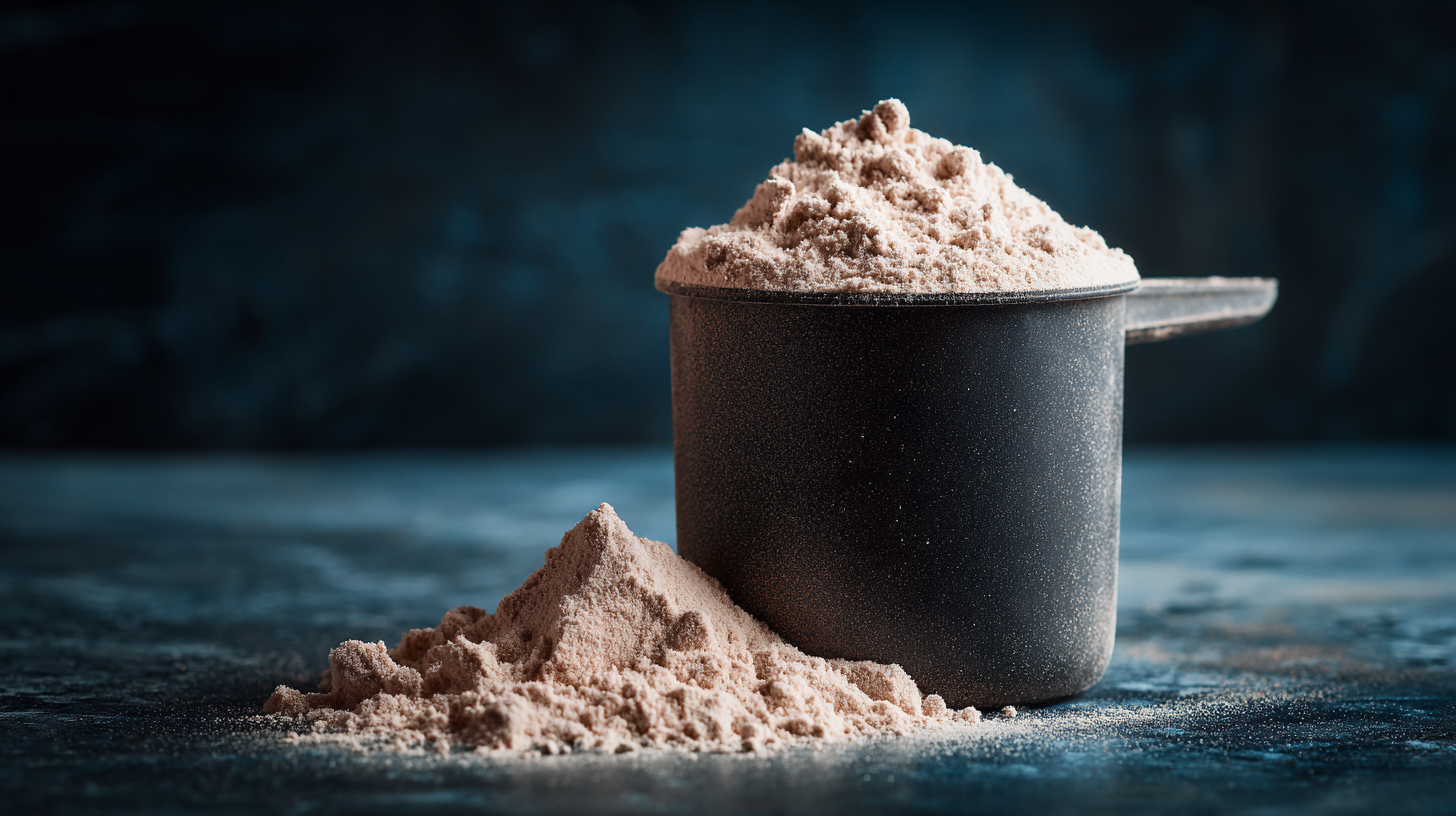
Another prevalent misconception is that protein powder is unhealthy or unnatural. While it’s important to choose high-quality protein powders, many options are derived from natural sources like whey, casein, or plant-based proteins. These powders can provide essential amino acids that might be lacking in one’s diet, supporting overall well-being. Additionally, some believe that protein powder leads to excessive weight gain; in actuality, the result depends on the overall diet and caloric intake. When used appropriately, protein powder can enhance fitness results without contributing to unwanted weight gain.
Understanding your recommended daily protein intake is crucial for optimizing health and fitness goals. According to the Dietary Guidelines for Americans, adults should aim for a daily protein intake that makes up 10% to 35% of their total daily calories. This translates to approximately 46 grams per day for women and 56 grams per day for men. However, individual needs can vary significantly based on age, activity level, and fitness goals. For instance, athletes or individuals engaging in regular high-intensity training may require more protein to support muscle repair and growth.
Recent studies have shown that many people often fall short of their optimal protein intake. A report by the International Society of Sports Nutrition suggests that most active individuals should consume around 1.4 to 2.0 grams of protein per kilogram of body weight, depending on their activity level. This reflects a growing recognition of the importance of protein not just for muscle building, but also for overall wellness, including aiding in weight management and enhancing metabolic function. Therefore, assessing your personal protein needs in the context of your lifestyle can lead to improved health outcomes and enhanced physical performance.
| Category | Recommended Daily Intake (grams) | Sources of Protein | Common Myths |
|---|---|---|---|
| Sedentary Adult | 46 | Meat, Dairy, Eggs | "Protein only comes from animals" |
| Active Adult | 56 | Nuts, Beans, Fish | "More protein means better muscle growth" |
| Athlete | 1.2 - 2.0 per kg of body weight | Protein Powder, Lean Meats | "You can only get enough protein from supplements" |
| Older Adults | 1.0 - 1.2 per kg of body weight | Tofu, Legumes, Whole Grains | "High protein diets are harmful at older age" |
| Pregnant/Breastfeeding Women | 71 | Fish, Poultry, Eggs | "Vegetarian diets can't provide enough protein" |
When it comes to muscle recovery, protein powder has become a staple for health enthusiasts seeking to optimize their post-workout regimen. Various studies highlight how protein supplementation can enhance recovery by promoting muscle repair and reducing soreness. Specifically, whey protein, due to its rapid absorption properties, is often favored for its ability to deliver amino acids to fatigued muscles quickly, aiding in the recovery process.
**Tips:** To maximize the benefits of protein powder, timing is crucial. Consuming protein within 30 minutes to two hours post-exercise can significantly enhance muscle recovery. Additionally, mixing protein powder with carbohydrates can facilitate better absorption and provide the necessary energy to replenish glycogen stores.
It’s essential to choose a protein powder that fits your dietary needs. Research suggests that individual responses may vary, so consider experimenting with different types such as whey, casein, or plant-based options to find what works best for your body. Furthermore, incorporating whole food sources of protein, like lean meats, fish, and legumes, alongside supplementation can provide a balanced approach to muscle recovery and overall health.
When selecting the right protein powder to align with your health goals, it's essential to consider your specific dietary needs and preferences. With the growing demand for plant-based options, the global market for vegan protein powders is expected to flourish, reaching approximately $4.7 billion by 2025. As such, health enthusiasts should be aware of key factors to make informed choices.
One important tip is to examine the ingredient list closely. Opt for protein powders that contain minimal additives and are free from artificial sweeteners or fillers. Additionally, consider the type of protein. Whey protein is a popular choice for muscle gain, while plant-based proteins such as pea, hemp, or brown rice may be better suited for those aiming for fat loss or following a vegan diet.
Another essential consideration is to look for certifications. Third-party testing can verify the quality and effectiveness of the product, ensuring that you are consuming a safe and beneficial protein source. By choosing a high-quality protein powder tailored to your individual health objectives, you can enhance your nutrition regimen effectively.
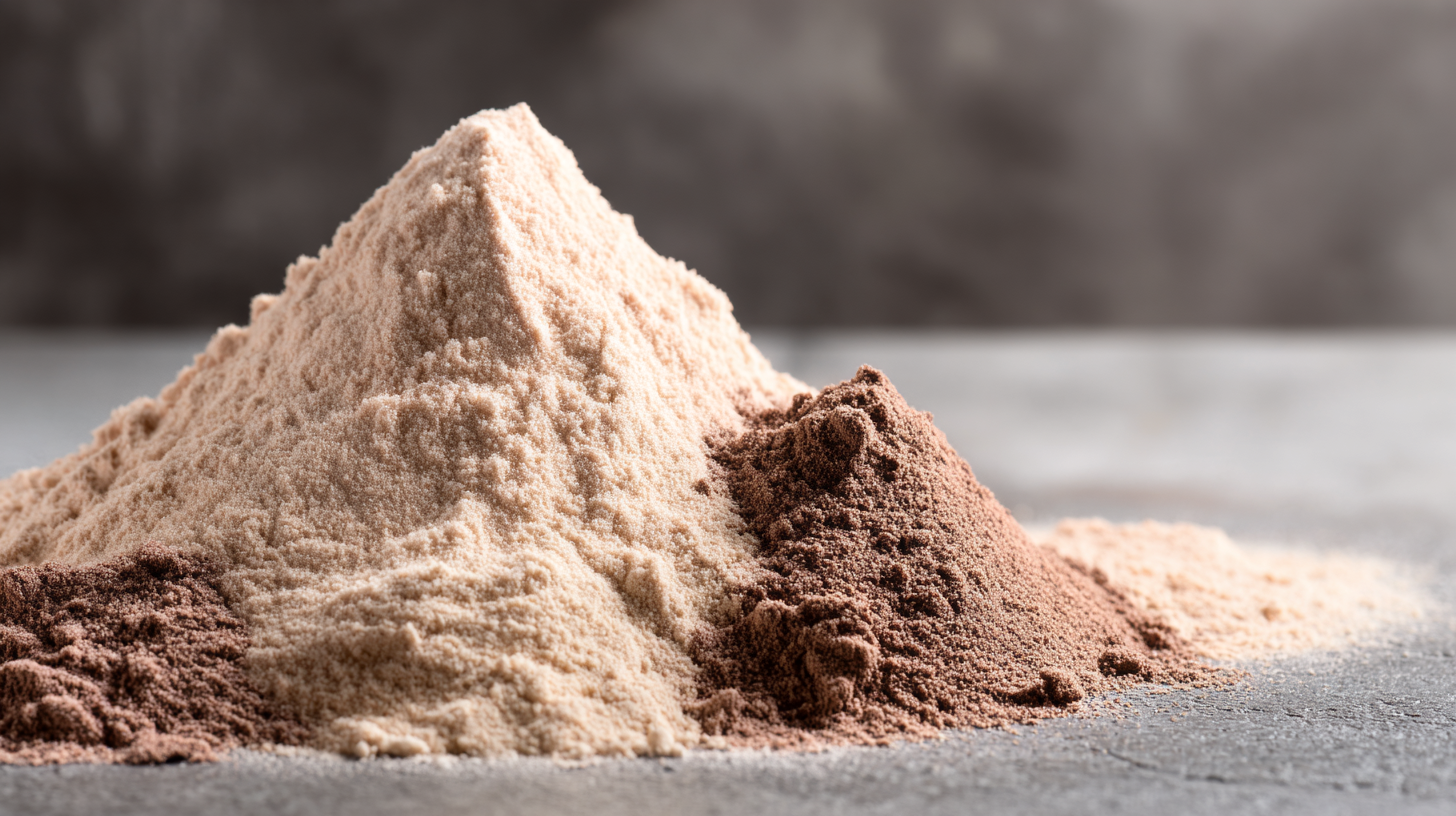
The debate over the effectiveness of protein powder in weight management has gained significant attention among health enthusiasts. Many individuals turn to these supplements with the hope of shedding pounds while building lean muscle mass.
The role of protein in weight loss is substantial; it helps enhance satiety, which can reduce overall caloric intake and prevent overeating. Moreover, protein is essential for preserving muscle during weight loss, ensuring that the body burns fat rather than valuable muscle tissue.
However, while protein powders can be a convenient source of protein, they are not a magic solution for weight loss. The effectiveness of using protein powder largely depends on an individual’s overall diet and lifestyle. Simply adding protein powder to a diet without considering total caloric intake or nutritional balance may not yield the desired results.
It is important to integrate these supplements into a well-rounded plan that includes whole foods, regular exercise, and proper hydration to truly capitalize on their weight management benefits.

